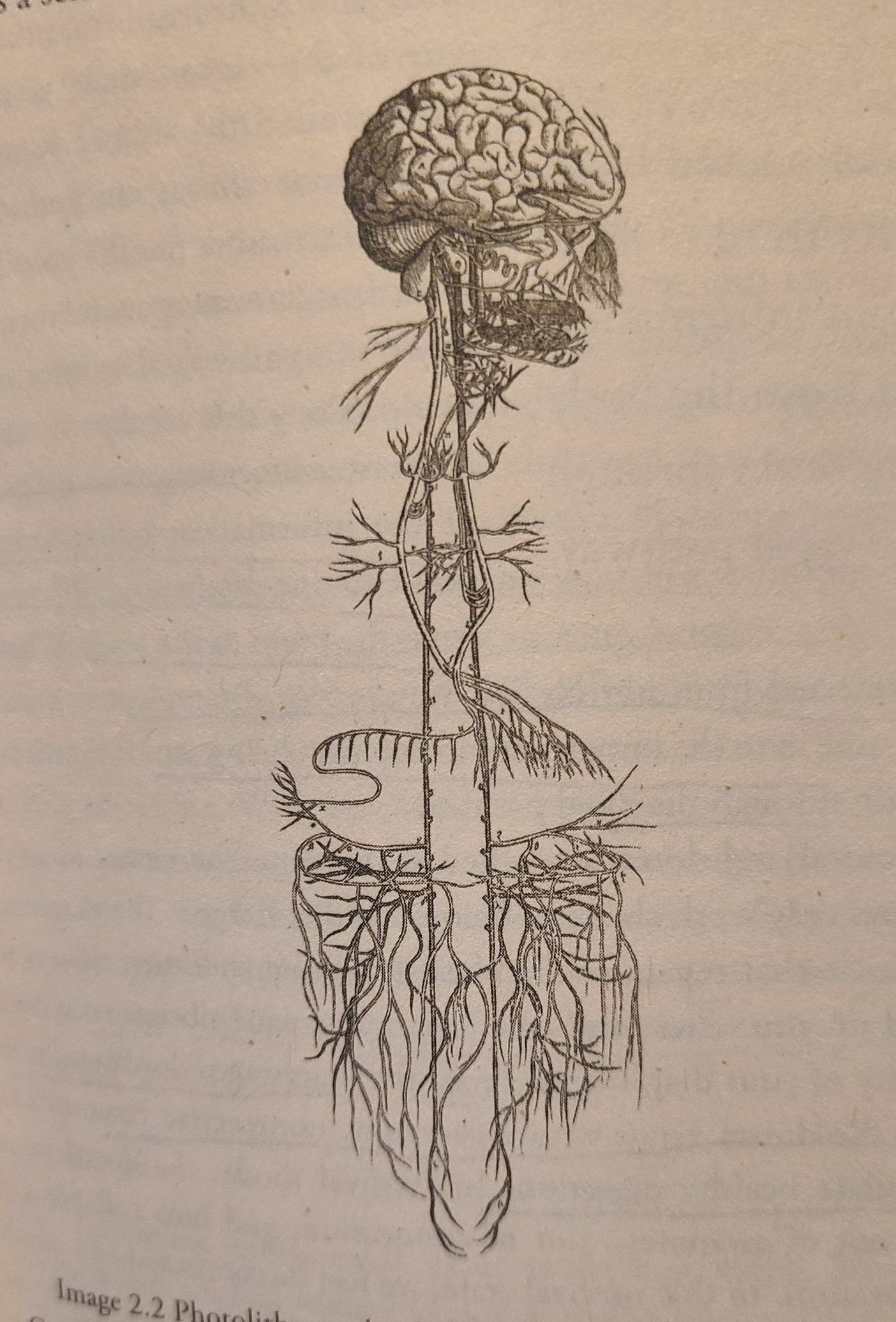Nerves and Navigation
Holding Nerves a Administrators

In a season of navigation, church administration is strengthened by remembering that before there is navigation, there is wandering. Its biblical! Church administrators, any leader, have been encouraged in countless ways to hold onto their nerves when managing others. “Don’t be afraid of conflict.” “Be direct about concerns.” “Keep your eye on the details.” “When in doubt document.” It certainly is important to keep our nerve when trying to navigate for a local congregation or congregations.
Even more important, perhaps, is staying mindful of what is wandering when administrating people for the sake of a purposeful church and her ministry.
A mere 16 weeks after conception, a child forms a neural tube from which all the nerves of the body will grow. Among the largest nerves in the human body is the Vagas Nerve. “Vagus” comes from the Latin term for wandering. This nerve is generous all along the spinal column, branching throughout the body its densely located around vital organs and across the face especially around the eyes. This nerve literally wanders all around essential locations of the body for the sake of introception. Introception is the body’s ability to sense changes within itself. It is a process that is essential to survival. This body-to-brain connection is made through the vagus nerve. So, the Vagus nerve, within any individual, sends more to the brain that it receives from the brain.
Part of a church administrator keeping their nerve is to attend to the nerves of their team, committee or group. Leaning into the metaphor of the Apostle Paul’s Body of Christ, an administrator does well to imagine a shared nervous system that is sending messages to the shared brain of a team.
There are three key Vagus-like messages within a team environment that need the steady nerve and careful attention of the administrator:
1. I do not feel reasonably safe in the task at hand and I am avoidant
2. I do not feel reasonably safe in the task at hand and I am detouring away from the greater purpose. This usually involved detouring other members of the team.
3. I feel so safe in the task at hand that I am moving independent of others.
One caveat is important to mention. There is a difference between Vagus-like messaging with the essentials of safety in question and emotional immaturity. Emotional immaturity is not so much about feeling safe as it is about an intent to avoid purposeful growth. Emotional immaturity is nearly impossible to coach-up or to draw into navigation. Administrators have to be clear about their own standards. An EI person, in a situation that demands purposeful navigation and growth, will be miserable in their job. They will communicate that in lots of ways. Administrators have responsibility to release the agony for institution and individual. This means holding our nerve on firing with or without cause of the state allows.
These three messages require different kinds of attention from the administrator. Here are some play by plays on responses:
1. Unsafe/Avoidant: Appropriate directness and or conflict to bring the task back to the “front burner” of attention for the employee. If conflict and directness is a challenge for the administrator it can help to outline a script for engagement. The essential message to the employee is: “You are reasonably safe in this task and here are our next steps.”
2. Unsafe/Detouring : Two steps here.
a. Appropriate directness (that may feel like conflict or tension) in the presence of the team. This directness does not scapegoat or blame any individual but reiterates purpose and draws the teams attention back into focus. Its very beneficial to allow the team time to comment and converse on the focus. There may be more than one person detouring effort and that will become obvious in the conversation.
b. Individual meeting with the “detour catalyst” to provide appropriate safety and next steps.
3. Safe and Unaccountably-Independent: Two steps here:
a. Individual who feels so safe that they are functioning independent of the team is invited to provide an update on projects and efforts to the entire team.
b. Administrator’s roll is to observe and learn how the team is reacting and if the team is feeling as safe as the independent person. Where are the week spots if both groups feel just fine with less accountable independence.
c. Administrator follows up with any observations and comments. This action of observation and comment can increase the safety of any team when delivered with right tone – any autocracy subtracted.
Some believe that administers get tenured away from the front-line Vagas-messaging of their employees. For those we directly supervise, the ministry and mission of the church is absolutely dependent on us knowing something of the somatics of the Vagas Nerve that legitimately message safety to each individual brain. Our job is to welcome their introception, which can be difficult to articulate, to the interpersonal realm and provide guidance so that their brains can move forward to ministry and mission.
The magical result can be a team, curated with discerning compassion, who, themselves honor issues of safety and have a growing awareness when the congregation is not feeling safe. They are able to slow down and become navigating shepherds themselves.











